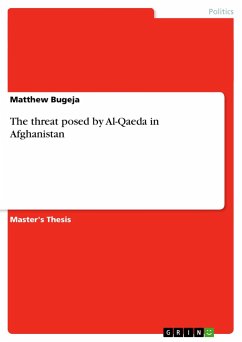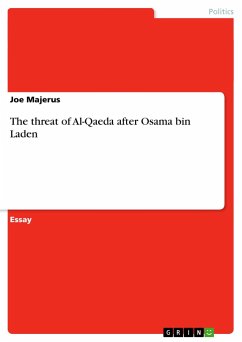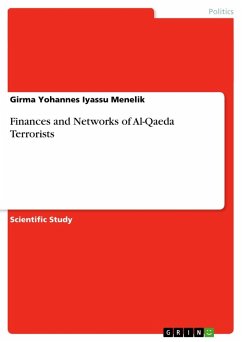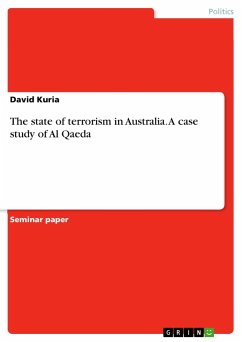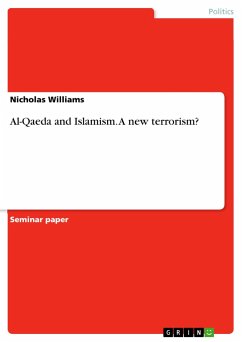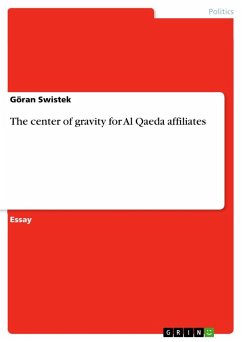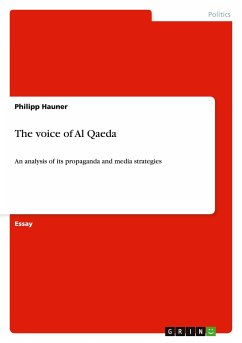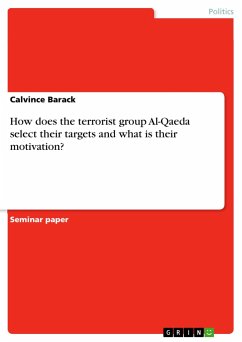Master's Thesis from the year 2011 in the subject Politics - International Politics - Topic: Peace and Conflict Studies, Security, grade: 70/100, University of Malta, course: International Relations, language: English, abstract: This dissertation explore the threats posed by al Qaeda in Afghanistan and whether it is first necessary to stabilize this country in order to eliminate the group. It will be argued that al Qaeda's ideology has now become stronger than its ability to threaten international security; that its aim to become an agent of change within the Muslim world has come to outweigh the threat attributed to it as a conventional, kinetic, terrorist entity. The current instability within Afghanistan is not due to al Qaeda's physical presence there but rather an amalgamation of factors. It will be argued that the U.S.-led invasion in 2001 has contributed to al Qaeda's weakening there but it has not contributed to stabilize Afghanistan itself. The instability in Afghanistanwill require a strong, long-term commitment by the international community, while the fight against al Qaeda will require more focus on combating its ideology, and less on military action. Whilst al Qaeda remains an elusive enemy for the West due to its ability to constantly adapt, the international community has failed to adapt adequately to not only combat al Qaeda's ideology, but also to implement the necessary long term strategy that is required to achieve stability in Afghanistan.

